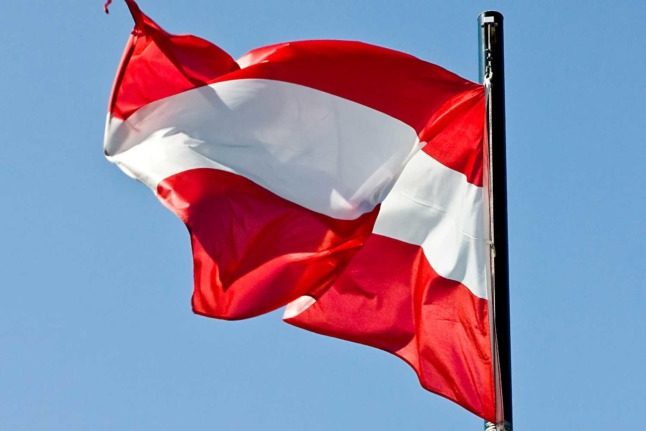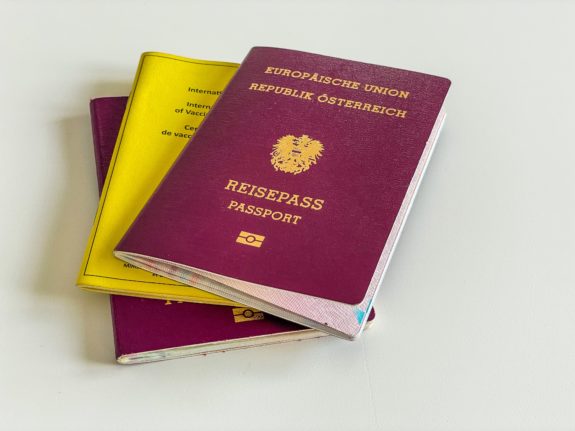The Austrian federal government removed the ban on dual citizenship for victims of the national socialist regime in 1993 in recognition of the country’s historical responsibility.
This was welcomed by campaigners but many people continued to demand the same rights for descendants as well.
Then, in September 2020, this became a reality when the government introduced an amendment to the Austrian Citizenship Act to also allow descendants of victims to apply for dual citizenship.
The move has since seen people from around the world reconnect with their heritage and become citizens of Austria – even if they live in another country.
What is the background to the new citizenship rule?
During the 1930s and 1940s, up to 120,000 Jews fled Austria to escape persecution, which often meant losing Austrian citizenship and becoming a citizen of another country.
This then left their children and grandchildren without a legal claim to Austrian citizenship.
The first person to benefit from the new law last year was 84-year-old Ben Zion Lapid. He left Austria in 1944 when he was eight-years-old and has spent most of his life in Israel.
Speaking to Der Standard about becoming a citizen of Austria, he said: “Israel is my home, of course, but it’s also something like coming home.”
Last year, Amber Catford from California, told The Local she was applying for dual citizenship as a descendant of her grandmother who had fled Austria to America.
Amber said: “There may be a dark history behind the reason I can gain citizenship, but it is special to be able to come back to a place many years later and reclaim a small piece of my family history.”
READ MORE: Everything you need to know about applying for Austrian citizenship
Who is eligible?
All former Austrian citizens who were forced to leave before 15th May 1955 can apply for dual citizenship. This includes citizens of successor states of the former Austro-Hungarian Monarchy who were resident in Austria.
The law extends to their children, grandchildren and great grandchildren, including those that were adopted as a child.
The law also applies to people that fled Austria before the Anschluss (the annexation of Austria into Nazi Germany) on 12th March 1938 due to actual or feared persecution from the regime.
Attorney Dr Wiesflecker, from Law Experts Rechtsanwälte-Attorneys, told The Local: “Before this statute it was really difficult [for descendants] to get Austrian citizenship.
“It was necessary to prove that Austrian citizenship was acquired by descent, which also included that the relevant ancestor had not voluntarily taken a foreign citizenship.”
FOR MEMBERS: How can I apply for dual citizenship in Austria?
How to apply for dual citizenship as a victim or descendant
The Austrian Federal Ministry for European and International Affairs (BMEIA) and the City of Vienna developed a questionnaire to help interested applicants take their first steps in applying for dual citizenship.
The questionnaire is available in German, Hebrew, English and Spanish.
The results help to determine which documents are already on file in Austria and which documents need to be submitted.
The information provided also helps the Austrian Embassy or Consulate General to tailor advice and support depending on each individual case.
However, the questionnaire is not mandatory and applications can still be made without completing it.
The next step is to contact the Austrian Embassy in the country where the applicant lives.
Once the application has been processed and approved, the applicant will become an Austrian citizen and have the right to apply for an Austrian passport.
READ MORE: Will Austria implement easier citizen rules?




 Please whitelist us to continue reading.
Please whitelist us to continue reading.
Member comments